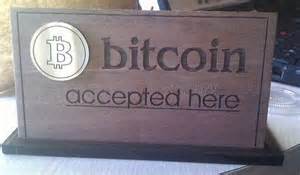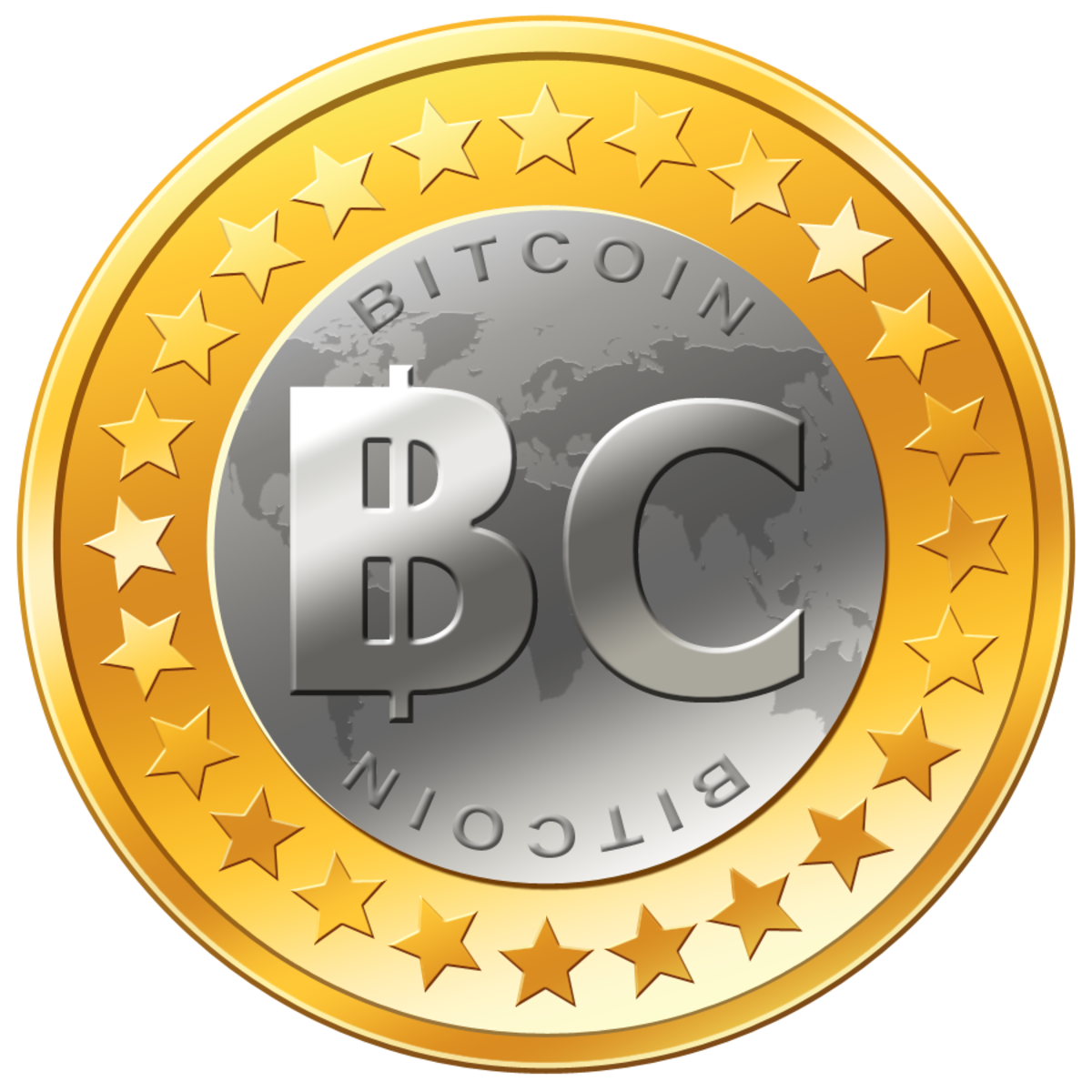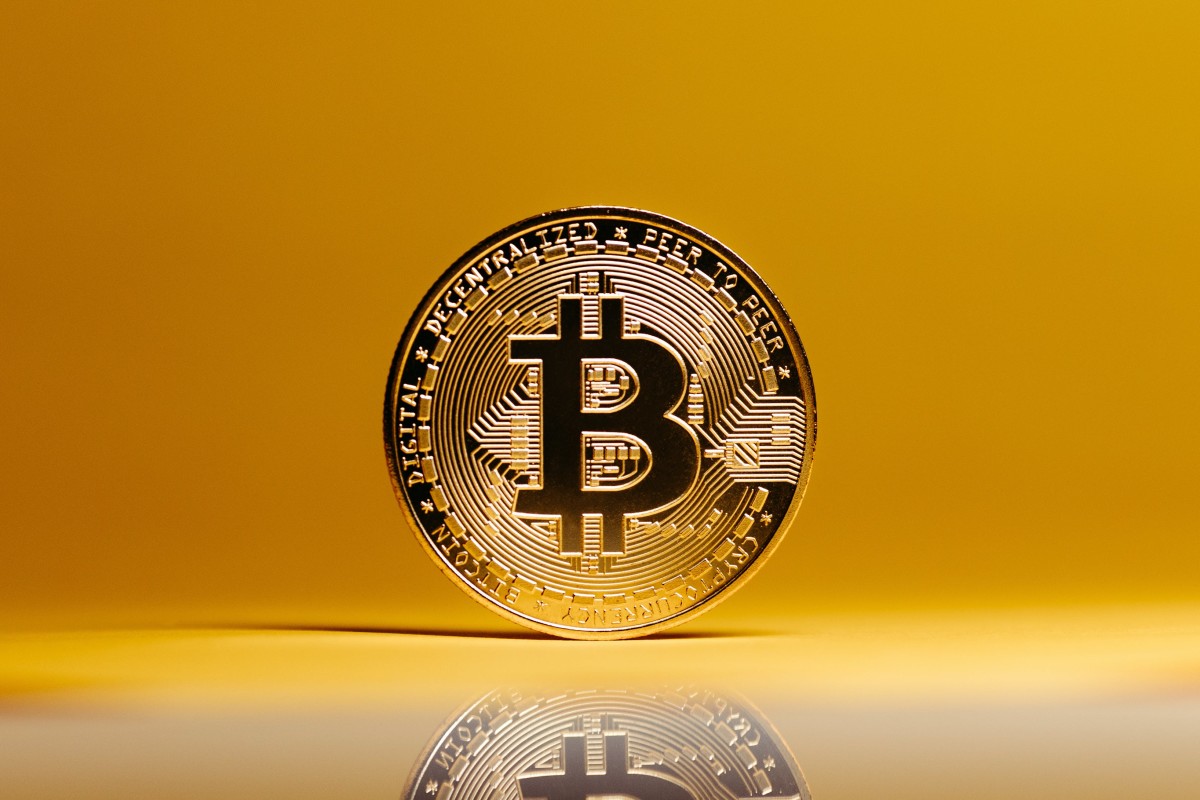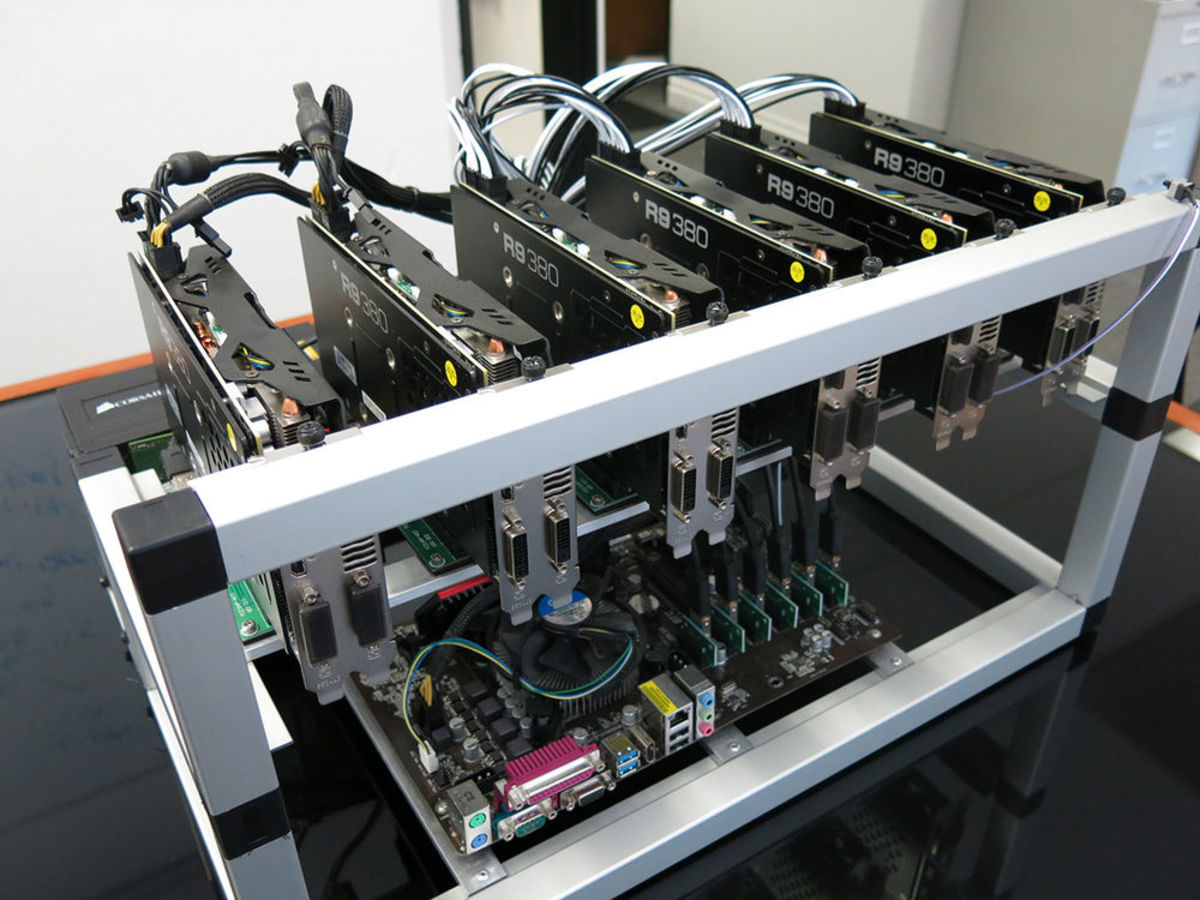Can a Virtual Currency Be Legitimate - Is Bitcoin Use for Me
Bitcoin

What is a Bitcoin
An unknown person with the alias Satoshi Nakamoto in 2009 created a new currency called Bitcoin. Using a software network the managing of transactions and the issuing of payments are carried out collectively by the blocks in the network. The recording of the transactions is done using a public ledger without the use of any single authority. No single country or government owns the Bitcoin currency. The Bitcoin is regulated by the software it uses and the agreement of the users, no single regulatory authority has control of the currency. As the Bitcoin is not an actual currency it does not fall under the current regulations by any government, bank organization, or individual. The US Treasury calls Bitcoins a decentralized virtual currency, although the term currency is not all together accurate. The European Banking authority has issued warnings that the risk of investing in Bitcoins goes beyond a potential fall in value. Governments around the world are struggling on how to classify, regulate, and control virtual currencies. Russia, China, and Israel have issued restrictions with the use of non traditional currencies. In January of 2014 the US Treasury Secretary stated he would need more time to assess the new virtual currency innovations. He went on to say there is no current evidence of Bitcoins used to evade sanctions or finance terrorism.
Bitcoin 101
Edison's Revenge on the Dollar
- Edison's Revenge on the Dollar
Thomas Edison's secret war with the Federal Reserve decades back has led to a new currency rising up today. It threatens the dollar, EURO, Pound, and the entire international monetary system. But it's also making everyday Americans rich. A Silicon Va
Use of Bitcoin
Bitcoins are currently being used to purchase merchandise or services anonymously. The virtual currency is becoming more popular as a replacement to the typical debit or credit cards. The bank and processing fees associated with these cards are nonexistent with virtual currencies. International payments are easy and are not subject to exchange rates, or any single country regulations. Bitcoins are currently being used as an alternate to national currencies that are witnessing large inflation fluxes or strict capitol controls. In 2012 Bitcoin purchases grew when fears of savings accounts would be taxed or confiscated. As of November 2013 over 1,000 brick and mortar business were willing to accept Bitcoins as payment with pizza restaurants leading the way. The virtual currency is purchased through a Bitcoin exchange or a coin base BIPS market. The Bitcoins are then stored in a virtual wallet for later use. Market exchanges can be found in almost all countries and the value is based on buy orders that are matched with sell orders. A distinction between market orders and a broker transaction of Bitcoin is in the quoted fixed rate purchase. A broker will purchase Bitcoins much like gold or silver buyers and sell at a fixed rate, and a coin base BIPS market will sell at the current market value which can change regularly. Another source of receiving Bitcoins is through mining. Bitcoins are created by people competing to solve complex math puzzles using computers, this process is called mining. Approximately every ten minutes a winner is rewarded with twenty five Bitcoins. Miners are located all over the world and also process payments by verifying each transaction as valid. Basically a miner is a software user identifying a Bitcoin transaction and ensures it is legitimate, then posts to the public ledger the exchange of the virtual currency. According to the original guidelines, current payment processing will be rewarded with twenty five newly created Bitcoins per block, eventually the reward will be removed entirely when an arbitrary limit of 21 million Bitcoins are reached. The Bitcoin protocol dictates that the reward for blocks will be halved every four years. The individual odds of winning the twenty five Bitcoin reward decreases as the number of miners increases, thus in early 2014 the creation of mining pools was created in response to the protocol of each reward can only go to a single Bitcoin registered internet address. A mining pool is made up of several participants who split the work and the reward making mining a less risky endeavor. In some cases the cost of electricity will outweigh the reward.

What do you think
Do you use virtual currency?
Bitcoin Transactions
The three main characteristics of a Bitcoin transaction are:
·Irreversible by design
·Funds received are available within minutes
·Costs very little, and in most cases have no fees
The transaction itself is based on the motion that money is an object, and the idea of using cryptography to control the creation and transfer of money, rather than relying on central authorities. Basically it takes the age old practice of bartering to a global steroid level. The most appealing aspect of the transaction is the anonymity of the people involved. The trade itself is recorded by account numbers onto a public ledger leaving the individual or company anonymous. This is also one of the greatest concerns being addressed by each countries government. Another concern of course is the ability of the government to determine taxable wealth. Thomas Edison spoke against a currency that was regulated by the Federal Government, it can be said that the concept of virtual currency has been around for many decades. The following link is a Broker that has taken Edison's approach to the Bitcoin: http://www.varnds.com/click.ashx?CID=272091&AFID=311866&ADID=1105777&SID=
Key Events
Bitcoin was first mentioned in a 2008 research paper and in 2009 the software began and a large number of Bitcoins were created. Since that time there have been several key incidents in the advancement of the virtual currency.
·In 2009 the Chinese government makes it illegal to buy real world goods with virtual currency causing the value of Bitcoins to drop. This was the first country to pass regulations of any kind on this type of trading.
·In March of 2013 a technical glitch caused a duplication of added transaction blocks. For six hours two networks operated at the same time causing a temporary suspension of transactions. A software fix was implemented and no other issues have arisen.
·In May of 2013 assets belonging to Mt Gox Exchange were seized by the Department of Homeland Security and the Silk Road drug market website was shut down. Later the assets were auctioned off by the US Government adding a legitimacy to the virtual currency.
·In January of 2014 two men were arrested in the United States on charges of money launderingusing Bitcoin. Due to the anonymity of the transaction virtual currencies were originally very popular with the internet drug trade.
·In February 2014 one of the largest Bitcoin traders filed for bankruptcy protection in Japan, and reports that 744,000 Bitcoins have been stolen. This brought the security of the internet addresses into the forefront and is still a concern for many.
Economists Are Split
There are economists on both sides of the discussion, some believe an exchange of payment using a virtual currency without a regulatory foundation cannot be sustained and eventually will create an unstable bubble. Others have claimed virtual currencies are the new wave of the future and a threat to the central bank establishments. Almost all agree a form of virtual currency is not a passing fad. As the first Bitcoin ATM is being used in Vancouver, Canada, and with the United States Government auctioning off seized assets, Bitcoins are gaining in legitimacy. Universities, manufactures, service providers, and global traders are steadily moving to cheaper ways of doing business without regulatory fallout or additional bank fees, and virtual currencies provide an alternative. As governments are looking at more ways to tax and collect additional revenues, individuals, and corporations are also searching for newer and more creative options. One thing all can agree upon as the global market grows and more individuals are participating in inter-country trade a virtual currency will have a place in the market.
- Digital Cash - A Beginner's Guide to Anonymous Digit...
A complete beginner's guide to using crypto currency as digital anonymous cash. - Earning Bitcoins and More: The Best Ways to Earn Dig...
The top 10 methods for earning bitcoins and other digital currencies, and more than 20 of the best sites to earn digital currency.









